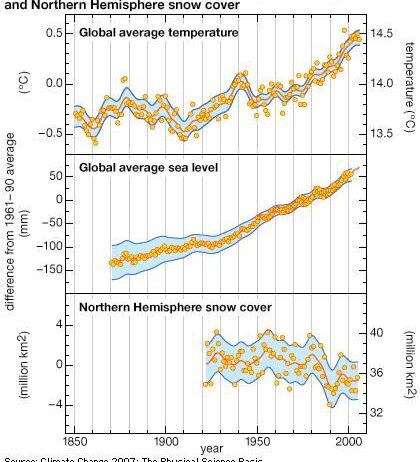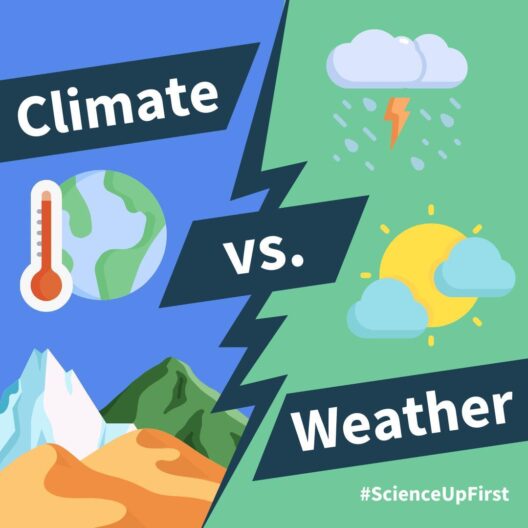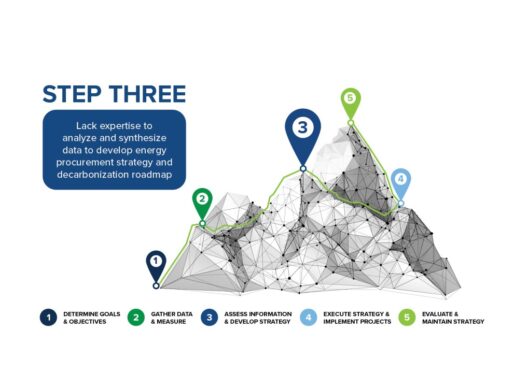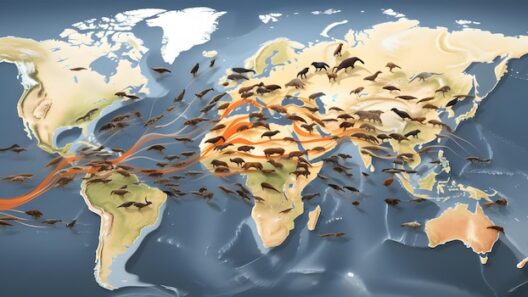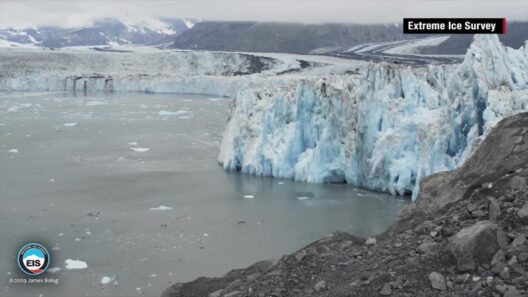The intricacies of global warming lie at the intersection of science, policy, and societal discourse. While it seems intuitive to presume that scientists would universally agree on the causes of such a pivotal issue, the reality is remarkably nuanced. Delving into this topic reveals the fervor of debates, the evolving nature of scientific understanding, and the clarity that emerges from rigorous research. This exploration invites curiosity, as it unfolds the complexities behind the consensus that is, in fact, largely present among climate scientists.
To commence, it is essential to define global warming. Simply put, it refers to the long-term rise in Earth’s average surface temperature, primarily attributed to the accumulation of greenhouse gases (GHGs) in the atmosphere. These gases, including carbon dioxide (CO2), methane (CH4), and nitrous oxide (N2O), trap heat from the sun, creating what is known as the greenhouse effect. Understanding the science behind this phenomenon is foundational in untangling the varied perspectives concerning its causation.
Historically, the roots of the discussion on global warming can be traced back to the late 19th century when scientists like Svante Arrhenius proposed that increased levels of CO2 from burning fossil fuels could potentially warm the planet. Fast forward to the present day, and thousands of studies across myriad disciplines have provided robust evidence that human activities—most notably the combustion of fossil fuels, deforestation, and various agricultural practices—are the primary drivers of recent climate change. Research findings converge on this observation, leading to a consensus among prominent scientific organizations worldwide.
Nevertheless, while there exists a substantial agreement regarding human-induced climate change, the scientific community is not devoid of dissenting voices. Certain factions express skepticism regarding the extent or immediacy of the predicted impacts of global warming. Some scientists hold positions suggesting that climate models may overestimate warming due to assumptions they incorporate regarding feedback mechanisms. Feedback loops, such as the interactions between clouds, water vapor, and temperatures, amplify the complexity and uncertainty surrounding climate predictions.
Moreover, natural factors do play a role in influencing Earth’s climate. Events such as volcanic eruptions and variations in solar radiation can also result in temporary climate fluctuations. However, the contemporary climate crisis distinctly differs from historical climatic variations achieved through natural processes. This current rate of change is unparalleled when juxtaposed against geological records, which is where the weight of scientific endorsement resides: anthropogenic effects fundamentally accelerate the natural processes.
In the ongoing dialogue about climate science, another pivotal contention arises over the allocation of blame. Attribution studies have become increasingly essential in isolating the human fingerprint amid the slew of natural climate variables. Research consistently indicates that the climatic anomalies observed today, including hotter temperatures, diminishing ice sheets, and altered precipitation patterns, align closely with patterns expected from significant increases in GHG emissions.
The role of policy and public perception cannot be overlooked either. Often, the scientific community’s findings on global warming face the challenge of conveying intricate data in accessible terms. This gap between scientific conclusions and public understanding can lead to misconceptions regarding the level of scientific consensus. Media portrayals can exacerbate these misunderstandings when they present climate change as a binary issue rather than a complex scientific argument with a majority stance based on overwhelming evidence.
Moreover, the multidimensionality of global warming encompasses ethical, economic, and sociopolitical dimensions that necessitate interdisciplinary approaches for solutions. The effects of climate change are disproportionately felt across different regions and demographics, creating a critical discussion around climate justice. Thus, while the question of scientific agreement on causes exists, the broader implications of global warming challenge society to re-evaluate not merely the causes but also the solutions stemming from this collective understanding.
As scientists continue to unravel the complexities of climate systems, the integration of advanced modeling techniques, satellite observations, and interdisciplinary collaborations promises to enhance climate prediction accuracy. Innovations in technology and methodologies will likely refine our understanding of climate feedback mechanisms, helping to clarify what remains uncertain. This ever-evolving scientific landscape suggests that, while contemporary consensus is attained, the conversation surrounding global warming continues to merit engagement and scrutiny.
In conclusion, the complex web of climate science demands attention and contributes to mitigating climate change’s dire effects. While a significant majority of scientists agree on the anthropogenic origins of global warming, the variations in opinions highlight the ongoing conversations within the scientific community. Acknowledging that complexities remain—impacts, predictions, and ethical responsibilities—foster a fertile ground for dialogue, education, and policy innovation. Ultimately, this intricate tapestry of understanding acts not only as a catalyst for curiosity but also as a clarion call for collective action against a pressing global challenge.



